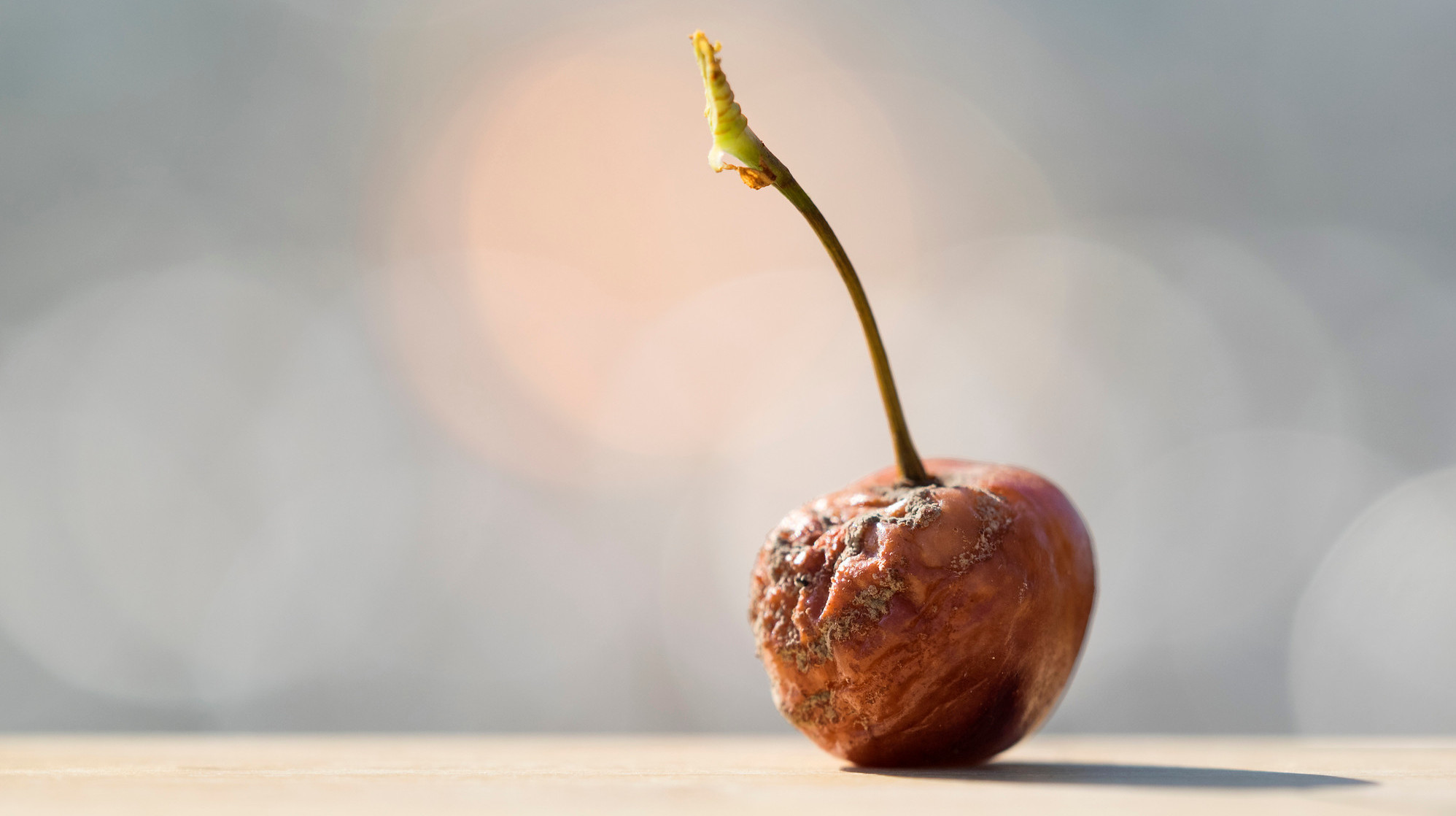Forget Food Shortages—excess Produce Is Going To Waste During The Pandemic
It's Monday and things are still bad. This is life now, so let's go ahead and add another bad thing to the pile of bad things. A report from NPR found that despite your inability to get your hands on a can of chickpeas, no, the United States is not actually experiencing a food shortage. Phew. (Wait for it.) Instead, we're actually experiencing a major food surplus, to the tune of thousands of tons of dairy and produce going to waste. Cool. Cool, cool, cool. Cool.
Here's the deal: millions of Americans have been laid off in recent weeks, and our unemployment rate is (likely) the highest it's been since the Great Depression. That means more people than usual are going to food banks for their groceries. But it's much more than that. Most of vegetable and dairy suppliers' customers aren't grocery stores, but restaurants, schools, and other institutions that are closed or otherwise lacking business right now. According to NPR, Florida's tomato farmers sell 80% of their product to restaurants. The boost in milk sales at grocery stores is good for Wisconsin dairy farmers, but not big enough to make up for the business they lose from schools or the lower volume of cheese they're selling to Pizza Hut.
So, supply has been severely cut. Why don't they just donate that food, you ask? Get ready to get bummed out! With farmers' demand depleted, they can't afford to pay their vegetable pickers. So instead of reaping that harvest and, at the very least, making sure their food gets eaten, acres of bell peppers and tomatoes and cucumbers are just sitting there in Florida, unpicked. Food banks are trying to find product that's been picked but is now stranded somewhere on the supply chain—like the uneaten grub from the Olympic Training Center.
So here's another reminder, in case you need it: eat your damn vegetables, now more than ever.
